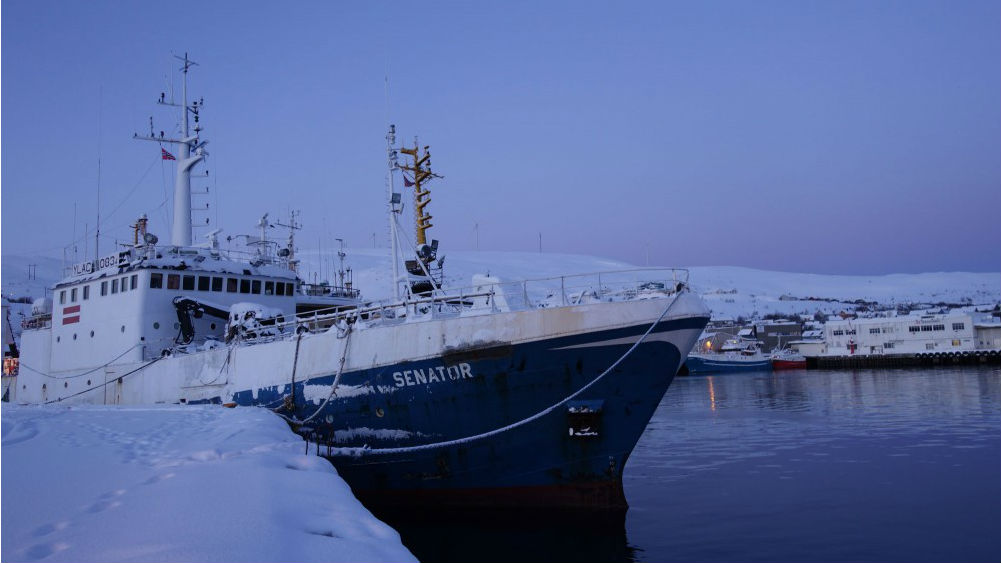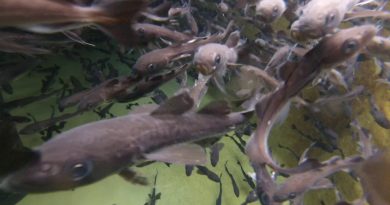Supreme Court’s crab fishing ruling reaffirms Norway’s exclusive rights over Svalbard waters

The Svalbard Treaty does not prevent Norway from punishing companies that engage in catch without permission, the judges say.
The Norwegian Supreme Court on Thursday concluded that snow crab is a so-called sedentary species and that Norwegian authorities consequently have exclusive rights to manage the crab stocks in the waters around the Arctic archipelago of Svalbard.
With their verdict, the judges turn down an appeal submitted by Latvian company SIA North Star Ltd. and one of its Russian ship captains.
Permission from EU authorities
The company was taken to court after one of its trawlers, the Senator, in January 2017 engaged in snow crab fishing in the so-called Fishery Protection Zone around Svalbard. The trawler was arrested by the Norwegian Coast Guard as it was putting 2,600 crab catch traps to sea. The captain refused to pick them up when requested to do so by the Norwegian Coast Guard, arguing that he had the permissions he needed from EU authorities.
The company in June 2017 lost its case in a lower court and subsequently appealed the case to the Supreme Court. It will now have to pay 1.3 million kroner in fines.
The case was given special priority by the Supreme Court and all the court’s 11 judges took part in the assessment. The verdict was unanimous, the court says in an announcement.
From snow crab fishing to oil and gas drilling?
The case has triggered major interest in Norway as it could potentially challenge Norwegian rights in the Svalbard waters. The Norwegian government underlines that it has exclusive rights on the Svalbard shelf. But that position is disputed by most other countries. The Supreme Court underlines that it has not looked at wider issues concerning the understanding of the Svalbard Treaty from 1920.
That sedentary character of the crab means that it is considered part of the sea bottom, and the court decision could potentially have affected also rights over oil gas resources in the area.
The Senator was one of 16 vessels from the EU that had got permissions from Brussels to engage in snow crab fishing in the Barents Sea. Those permissions do not apply in the Barents Sea, the Norwegian judges make clear.
Related stories from around the North:
Canada: Canada invests $1.2 million to help solve mystery of dwindling char numbers in Arctic, Eye on the Arctic
Finland: Utsjoki residents at odds over Tenojoki salmon fishing restrictions, Yle News
Iceland: Arctic fishing agreement – When climate change drives diplomacy, Cryopolitics Blog
Norway: Norway and EU clash over rights to resource-rich waters around Svalbard, The Independent Barents Observer
Russia: Snow crabs invading Russia’s Arctic nuclear waste dump, The Independent Barents Observer
Sweden: Swedish drones to combat illegal eel fishing, Radio Sweden
United States: Alaskan Indigenous community group pushes for better fishing quotas, Alaska Public Media



